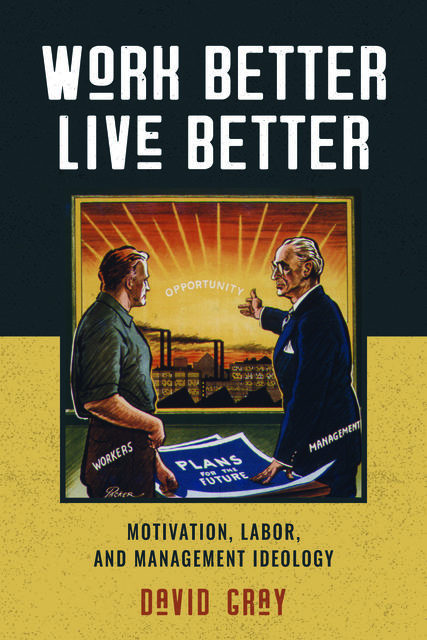Contents
Preface
Acknowledgments
Introduction
Chapter 1
Motivation, Management, and Industrial Modernity
Chapter 2
Quests to Shape the Worker’s Mind
The Rise of Psychological Motivation
Chapter 3
Visions of Striving
Debating Work’s Promises in the Great Depression
Chapter 4
The War over Motivation
Prosperity Rhetoric and the Remaking of Work’s Rewards during World War II
Chapter 5
Selling Workers on Their Jobs
Consumption-Based Motivation and Management Dominion in the Postwar Era
Chapter 6
The New Hucksters of Cooperation
Cold War Consensus Campaigns and the American War of Work
Epilogue
Motivation in an Age of Diminishing Rewards
Notes
Index



